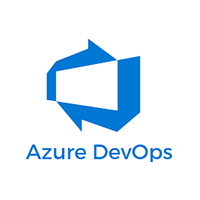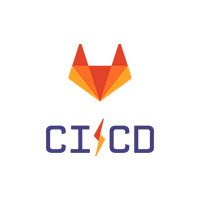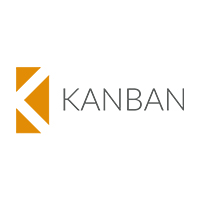We make your ideas fly
The focus of our Software Development Hub is digital transformation, i.e. the digitization of business processes and the expansion of existing business models to include digital components. We accompany our customers holistically along the entire innovation process: from the first vision, to the first idea, to the conception, to the finished software solution.
We are not just your technical service provider, but rather a sparring partner who helps shape and support the transformation. Above all, to develop the business value and the new opportunities within the digital transformation.
As a basis for this, it is necessary to understand the idea or vision (the "why") of the customer. We put this idea to the test and verify it in order to develop structured solution concepts together with you.
We materialize your ideas and make them touchable
Fast time-to-market through structured innovation process
msg Plaut Innovation Stack
We are your sparring partner and support you along the entire innovation process. Entry is possible at any point of the process.
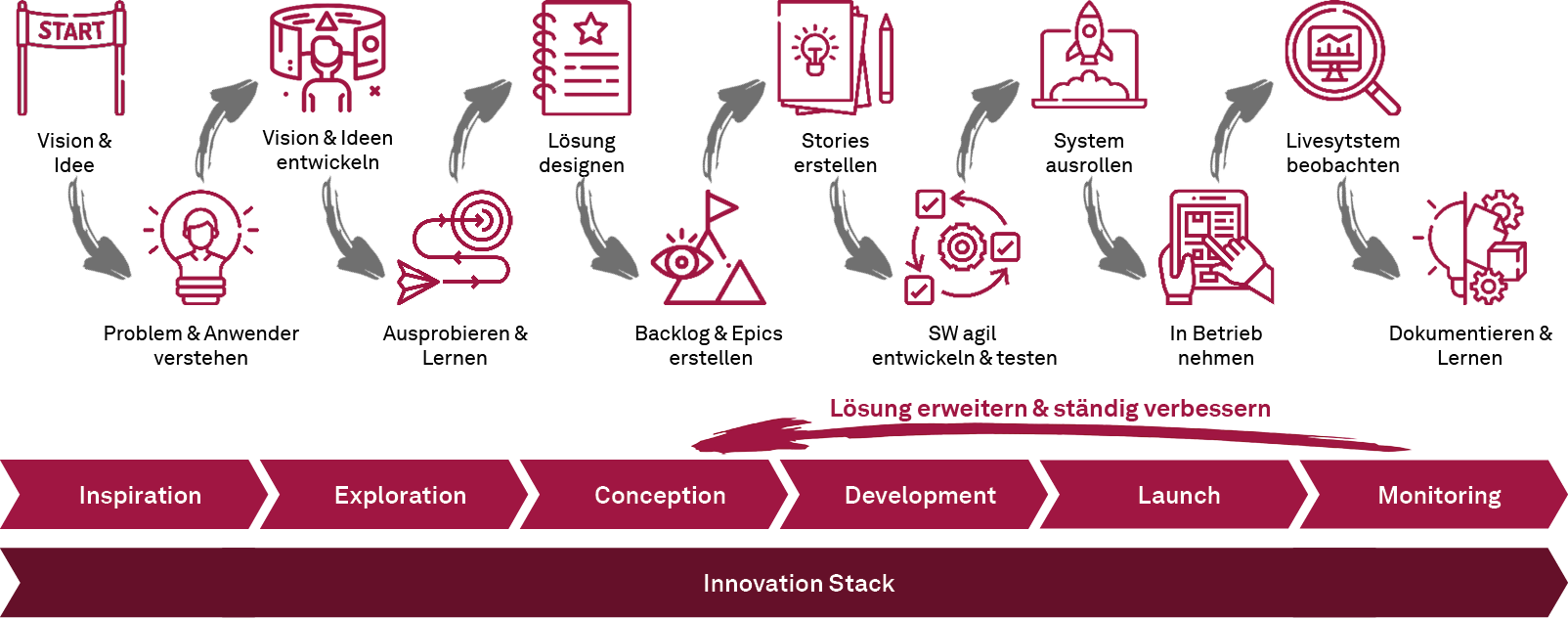
The topics Inspriation, Exploration and Conception are particularly important, as this is where your added value is generated. Together with you, we develop the business value based on your idea, verify and evaluate it.

Inspiration

Inspiration
- Innovation process starts with an idea, inspiration or vision
- Understanding the problem and the user

Exploration

Exploration
- Joint further development of your visions and ideas
- Evaluation and joint learning
- As a sparring partner we support through methodology and structure

Conception

Conception
- Design of actual solutions on basis of the research results
- Describe and prioritize requirements in detail
- Establish a structured development backlog

Development

Development
- Implementation of the idea in specific terms
- Software development implemented according to agile development models
- Development of an initial solution with minimal functionality (MVP)

Launch

Launch
- Rollout of the MVP to the target platform
- Go-live of the system

Monitoring

Monitoring
- Observing the version in live operation
- Collect feedback, document and derive lessons learned
- Extend and continuously improve solution
From the idea to the concept
Gerne unterstützen wir Sie bis zur Konzeptionierung mit unseren Dienstleistungen:
- Business Process Engineering (BPMN)
- IST Analyse/SOLL Prozess Modellierung
- Process Performance Optimization
- Business Case & Return on Investment verifizieren
- Handlungsempfehlungen ableiten
- Entwicklung von Lösungskonzepten
- Strukturierte Requirements erstellen
- Überführung in Development Backlogs
- Business Model Canvas/Design Thinking
- Entwicklung der Workshop Didaktik
- Planung, Durchführung & Moderation
Vom Konzept zur Lösung
In dieser Phase machen wir Digitalisierung angreifbar und setzen Ihre Konzepte in fertige Lösungen um.
- Business Cases
- Geschäftsprozesse (IST/SOLL)
- Systemanforderungen
- SW Lösungen/UX Design
- Architektur
- (Cloud) Infrastruktur
- Frontend & Backend Development
- Automatisierte Unit Tests
- Agiler Entwicklungsprozess
- Testdesign & -management
- Funktionale & integrale Tests
- Performance- & Stresstests
- Einstufige / mehrstufige Szenarios
- Rollout Support / Hotfixing
- Anwender:innenschulungen
- 24/7 Support
- System Maintenance
- Monitoring/Feedback Loops
Technology Stack
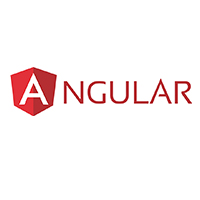







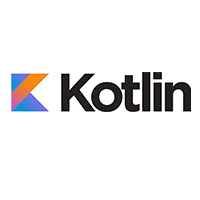




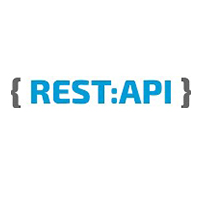
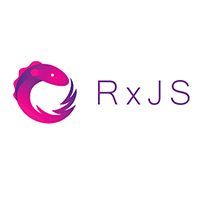

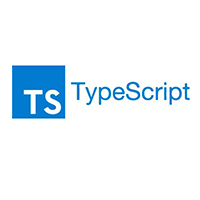
Tools & Methods
